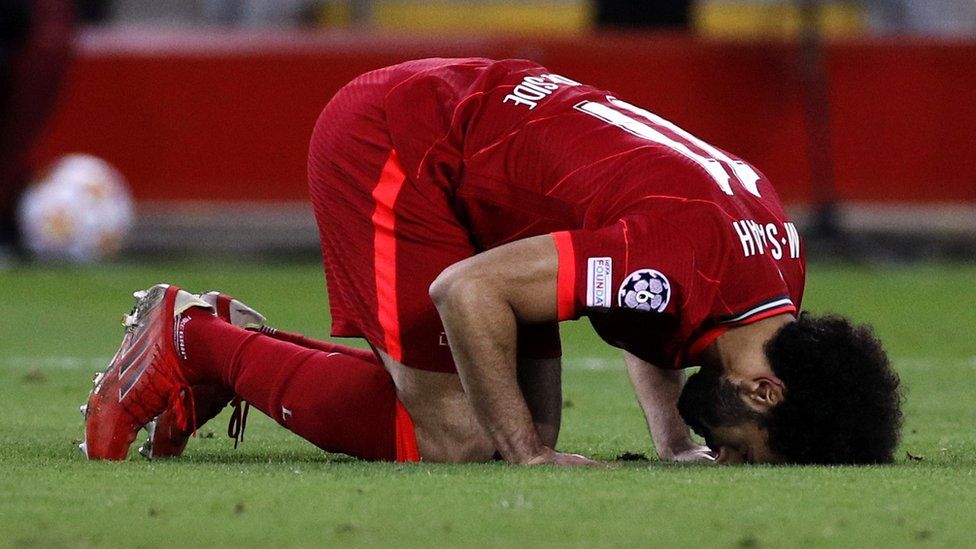If you ask any Liverpool fan what they think of Mohamed Salah’s new contract, you will hear a mixture of relief and delight that he will be “racing down the wing” for another three years. This is because Liverpool fans view Salah as one of their most important players.
The “Egyptian King” finished as the leading scorer in the Premier League in his first season with his new club after making the move from Italian side Roma in 2017. He then went on to help his new club win both the English and European championships.
However, he has received just as many accolades, if not more, for his demeanour and behaviour off the field. He has been credited with helping to change preconceptions of elite footballers and breaking down cultural barriers.
A former football communications officer made the remark that he “never lost his roots” because of his charitable contributions to education, healthcare, and animal rights programmes. These contributions have received recognition and motivated the former officer to make the remark.
But it was his act of falling to his knees in prayer after goals that reverberated in the minds of people all across the world, including those who don’t follow football.
One Twitter user who made the remark that two Liverpool fans who were performing the ritual Islamic prayer at Anfield were a “disgrace” in 2015 garnered widespread criticism for his tweet. The incident occurred in the year 2015.
The then “dominant discourse” about Muslims, according to Dr. Solava Ibrahim, an Egyptian-British lecturer in international politics at Anglia Ruskin University, was that they “were aggressive or continuously related to terrorist incidents or arguments surrounding women’s oppression.”
Therefore, as a long-time supporter of Liverpool, she describes it as “a great wow moment” when fans began singing that Salah was “a gift from Allah” and that “if he gets another few, then I’ll be Muslim too.” She says that she will convert to Islam if he scores a few more goals.
“It was expressing not just acceptance but also his status as a role model,” she continues, “not just for Arabs, Middle Eastern and African children but also for children in the UK.”
Najib Al-Hakimi, who works as a coordinator at the Liverpool Arabic Centre, expressed his excitement about the song, saying that he was “thrilled” by it “because people were looking at Muslims as if they were uneducated and terrorists.”
He continues by saying, “But through his deeds, he was able to change that.”
Since then, he has observed that a growing number of people from the nearby Arab population have been travelling to Anfield in recent years. He went on to say that “most of the youth are wearing his shirt and they’ll talk about him, how good he is.”

